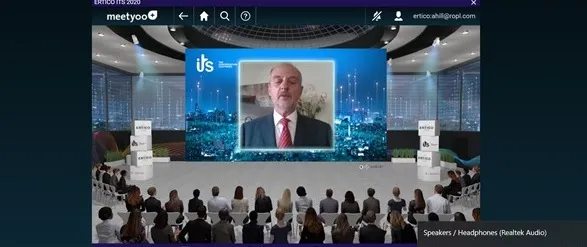“Real problems” need to emerge in the development of an urban mobility lab before you can begin to find solutions, according to Raimo Tengvall, project manager of Forum Virium Helsinki.
Speaking at this week’s ITS European Congress in Eindhoven, Netherlands, Tengvall shared lessons learned from the company’s Jätkäsaari urban mobility lab in the Finnish capital, Helsinki.
“In the Jätkäsaari area we were having 8 million passengers going through a street network of a new residential area where there is a new school and that’s a real problem,” he told the audience at Urban Mobility Labs – lessons learned from practical real world testbeds.
“And now we have those problems to solve,” he added.
One of the main messages from the session was that urban mobility labs are being used to provide urban mobility solutions to cities and to help businesses grow.
Paul Blakeman, head of innovation at UK-based innovation consultancy Urban Foresight, echoed the mood when referring to an initiative in the Scottish city of Dundee.
“The whole city is effectively the living lab and there are a lot of people with opinions and interest in terms of how mobility systems run,” he said. “Actually, it took us a lot longer to get any pilots on the ground than I was thinking because we had to go through another round of engaging with local councillors and bus operators.”
When asked to offer advice to those interested in setting up a mobility lab, Blakeman recommended that lab teams should use the transport in the city and engage with a diverse group of citizens as they “will care about the challenges”.
“Listen to the end users and the companies rather than the cities as the cities should be the enablers,” Tengvall concluded.
ITS Europe experts share mobility lab lessons
“Real problems” need to emerge in the development of an urban mobility lab before you can begin to find solutions, according to Raimo Tengvall, project manager of Forum Virium Helsinki.
Speaking at this week’s ITS European Congress in Eindhoven, Netherlands, Tengvall shared lessons learned from the company’s Jätkäsaari urban mobility lab in the Finnish capital, Helsinki.
“In the Jätkäsaari area we were having 80 million passengers going through a street network of a new residential area where there is a
June 4, 2019
Read time: 2 mins
Related Content











